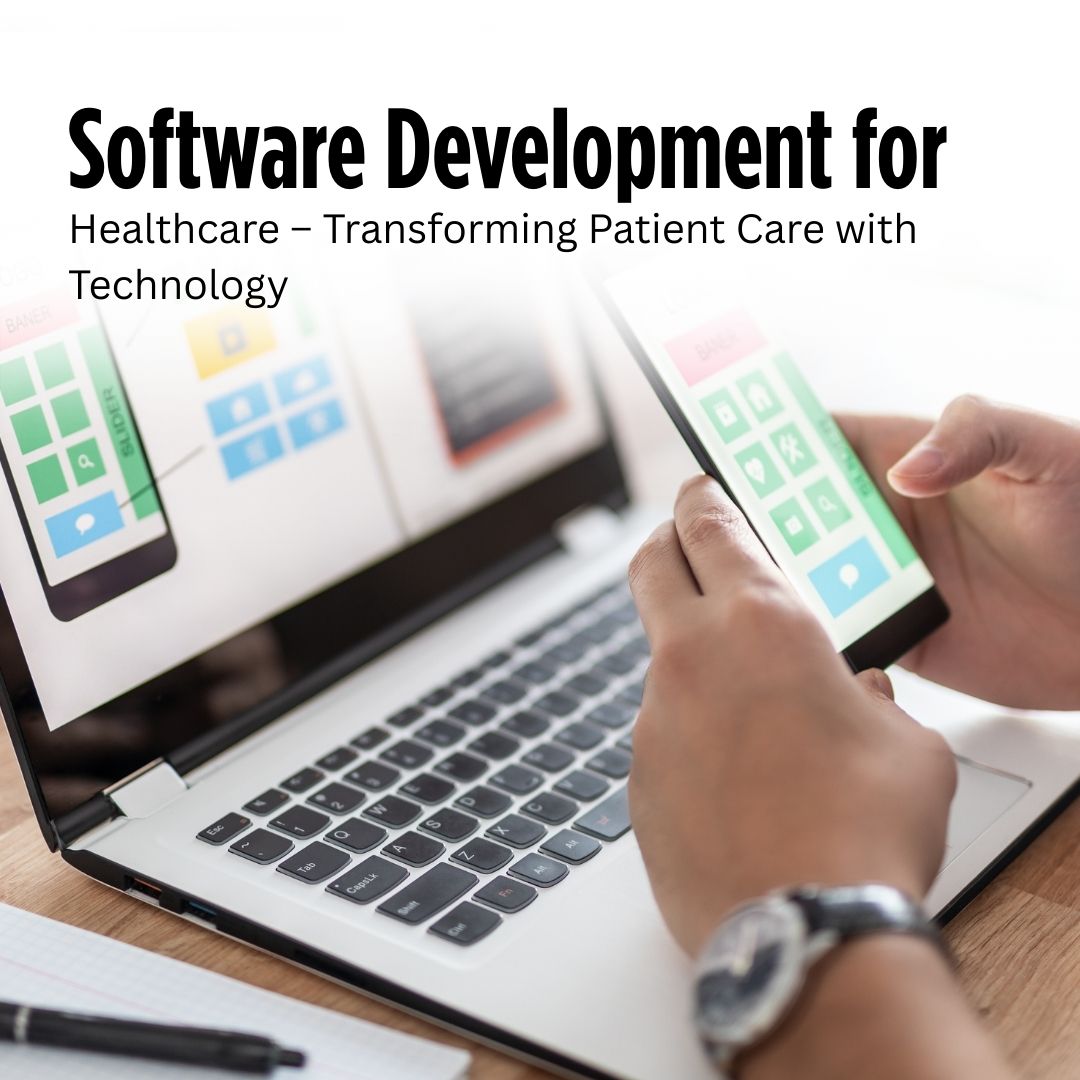In today’s rapidly evolving healthcare landscape, technology plays a crucial role in improving patient care, streamlining workflows, and ensuring data security. Software development for healthcare is transforming the way hospitals, clinics, and healthcare providers deliver services to patients while managing complex operations.
Why Healthcare Needs Custom Software Solutions
Healthcare organizations face unique challenges that cannot be fully addressed by off-the-shelf solutions. Custom software development allows businesses to build applications tailored to their specific needs, including patient management, scheduling, billing, and compliance with healthcare regulations like HIPAA.
Key Challenges in Healthcare:
-
Managing large volumes of patient data
-
Ensuring secure and compliant data storage
-
Coordinating between departments and specialists
-
Streamlining patient appointments and billing processes
-
Integrating with medical devices and existing healthcare systems
Custom-built software solutions tackle these challenges while offering flexibility, scalability, and improved user experience.
Benefits of Software Development for Healthcare
✔ Improved Patient Care
Custom healthcare apps enable doctors and nurses to access real-time patient data, track health trends, and provide personalized care.
✔ Operational Efficiency
Automating administrative tasks such as appointment scheduling and medical billing helps reduce errors and save time.
✔ Data Security and Compliance
Healthcare data is highly sensitive. Custom solutions ensure compliance with strict regulations and offer secure encryption methods to protect patient information.
✔ Seamless Integration
Integrating with existing healthcare systems, medical devices, and third-party services ensures smooth operations without disruptions.
✔ Remote Monitoring and Telehealth
With the rise of telemedicine, healthcare apps allow remote consultations, monitoring, and treatment plans, making healthcare accessible to more people.
Common Applications of Healthcare Software Development
-
Electronic Health Records (EHR) Systems
Digitally store patient histories, lab reports, and prescriptions for easy access and better coordination. -
Patient Management Systems
Efficiently manage appointments, treatment plans, billing, and patient communication. -
Healthcare Analytics
Track and analyze patient data to make informed decisions and improve care delivery. -
Mobile Health Applications
Apps for patients to monitor their health, book appointments, or access medical advice. -
Telehealth Platforms
Enable virtual consultations, follow-ups, and patient monitoring from remote locations. -
Medical Device Integration
Connect wearable devices and monitoring equipment to patient records for better treatment outcomes.Choosing the Right Software Development Partner
Selecting the right partner is crucial. Look for a healthcare software development company that:
-
Understands healthcare industry regulations
-
Has experience working with hospitals, clinics, or insurance providers
-
Offers scalable and secure solutions
-
Provides maintenance and customer support
Conclusion
Software development for healthcare is no longer a luxury—it’s a necessity for improving patient outcomes and operational efficiency. Whether you are a hospital administrator, clinic manager, or healthcare provider, investing in custom software solutions can give you the tools needed to navigate the complexities of modern healthcare.
-







